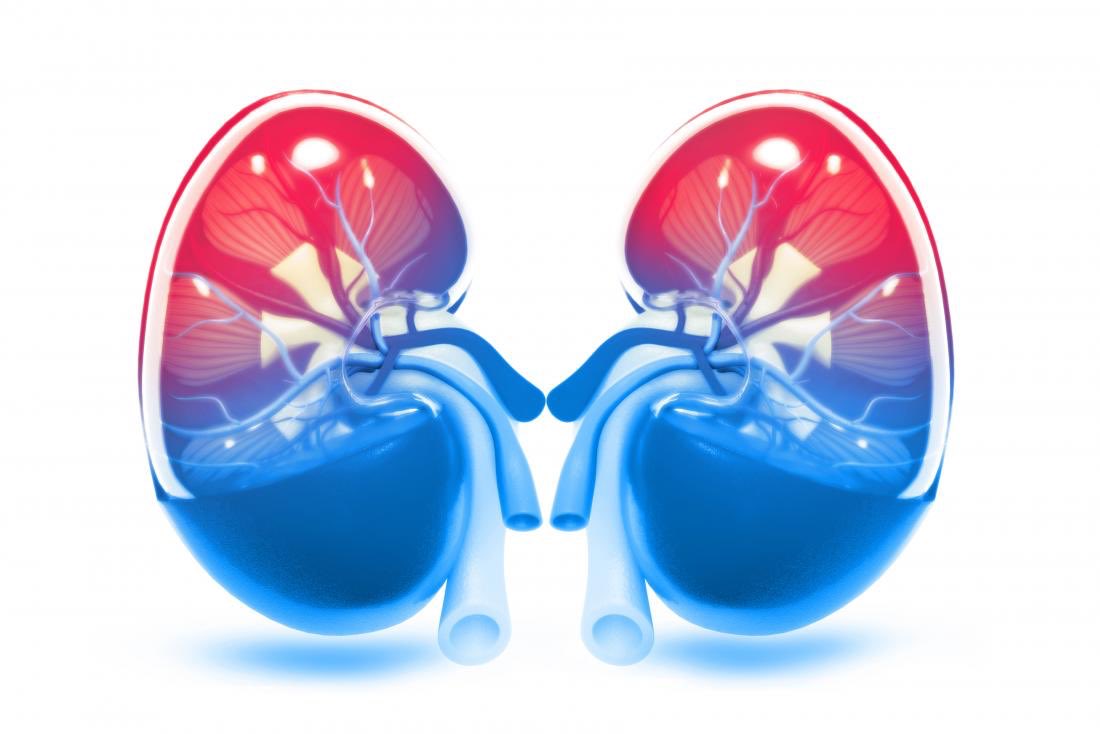Comments and Issues
Habits to prevent kidney failure
Published
3 years agoon

You know there’s a problem when, on several business forums, among the business ideas, people suggest starting up a dialysis centre because of the high prevalence rate of kidney failure due to drug abuse, alcohol abuse, and different lifestyle choices.
Lately, there’s been a very marked increase in the number of kidney failure cases that you see nowadays. This could be due to several factors, maybe better healthcare systems detecting the cause of illness. Earlier we would have had stories of Brief illnesses killing people off but now we have a better understanding of causes of death and diagnosis of illness, another factor responsible for the increase in cases could be a lifestyle change right now we are consuming all kinds of drinks and foods with a high amount of processing, compared to a generation ago and that is beginning to tell on the bodies of those with a huge amount of sugar, energy drinks, salt and alcohol intake, all these are beginning to tell on the health of these people and one of the ways which were seeing signs of this lifestyle changes are in kidney failure and the rates have gone high and it cuts across ages from teenagers to people on their pension but they are various ways in which we can prevent this.
Some habits help maintain good kidney health and reduce the risk of kidney failure. It is important to adopt healthy lifestyle habits. Here are some of the best habits to help you avoid kidney failure:
Stay hydrated. Drinking an adequate amount of water helps maintain optimal kidney function. It helps flush out toxins and waste products from the body. Aim to drink at least 8 cups of water per day, unless you have a medical condition that restricts fluid intake.

Eat a balanced diet: Follow a balanced diet that includes a variety of fruits, vegetables, whole grains, lean proteins, and healthy fats. Limit your intake of processed foods, saturated fats, and high-sodium foods, as they can strain the kidneys. A diet rich in fruits and vegetables provides essential nutrients and antioxidants that promote kidney health.
Maintain a healthy weight: obesity and overweight can increase the risk of kidney disease. Aim to maintain a healthy weight through a combination of regular physical activity and a well-balanced diet. Regular exercise also helps improve blood circulation and overall organ function.
Control blood pressure: high blood pressure (hypertension) is a leading cause of kidney damage. Monitor your blood pressure regularly and take steps to keep it within a healthy range. Adopt a low-sodium diet, limit alcohol consumption, and follow any prescribed medications or lifestyle modifications recommended by your doctor.
Manage diabetes: Diabetes is another significant risk factor for kidney disease. If you have diabetes, it’s crucial to manage your blood sugar levels effectively. Follow your doctor’s guidance regarding medication, diet, exercise, and regular monitoring of blood glucose levels.
Limit alcohol consumption. Excessive alcohol intake can lead to kidney damage. If you drink alcohol, do so in moderation. The Center for Disease Control and Prevention (CDC) defines moderate drinking as up to one drink per day for women and up to two drinks per day for men.
Quit smoking. Smoking can damage blood vessels and decrease blood flow to the kidneys, increasing the risk of kidney disease. Quitting smoking is beneficial for overall health, including kidney health.
Avoid overuse of over-the-counter pain medications. Regular or excessive use of over-the-counter pain medications like NSAIDs (non-steroidal anti-inflammatory drugs) can harm the kidneys over time. Follow the recommended dosage and consult your doctor if you need to take them frequently or for a prolonged period.
Stay physically active. Regular physical activity helps maintain overall health, including kidney health. Engage in moderate-intensity exercises, such as brisk walking, cycling, swimming, or any activity that you enjoy. Aim for at least 150 minutes of moderate exercise per week, or as recommended by your doctor.
Get regular check-ups. Regular medical check-ups allow your doctor to monitor your kidney function and identify any potential issues early on. Discuss with your doctor kidney health screening tests, such as blood tests to assess kidney function (e.g., serum creatinine, estimated glomerular filtration rate).
Remember, it’s always advisable to consult with your doctor for personalized advice and recommendations regarding your kidney health, especially if you have pre-existing conditions or concerns.
Collectively as a society, we can all make it a duty to,
Awareness and education: Conducting public awareness campaigns to educate people about kidney health, risk factors, and preventive measures can help individuals make informed choices.
Screening and early detection: encouraging regular check-ups and screenings, particularly for individuals at higher risk, such as those with diabetes, high blood pressure, or a family history of kidney disease. Early detection allows for timely intervention and management.
Promoting a healthy lifestyle: encouraging a balanced diet, regular exercise, maintaining a healthy weight, managing blood pressure and blood sugar levels, and avoiding tobacco and excessive alcohol consumption are essential for kidney health.
Improving access to healthcare means enhancing healthcare infrastructure, particularly in underserved areas, ensuring the availability of necessary medications and treatments, and promoting affordability and accessibility to dialysis and transplantation services for those in need.
Environmental considerations: Identifying and addressing potential environmental factors contributing to kidney failure, such as exposure to toxins or pollutants, can be crucial for prevention and control.
Relevant healthcare authorities, government agencies, and non-profit organizations need to work together to address the rise in kidney failure cases. By adopting a multi-faceted approach, it may be possible to mitigate the impact of kidney failure and improve overall kidney health in the affected population.
Early diagnosis and lifestyle changes may help postpone complications that can include kidney failure. Keep in mind the common early signs of bloody or brown urine and blood pressure spikes.
Bleaching cream has been identified as one of the causes of kidney failure. Appreciate your skin’s complexion.
Symptoms of kidney disease may include:
Fever and chills; sudden, intense pain in the groin
Blood in urine
Foamy or cloudy urine; fluid retention
Nausea and vomiting
In 2021, 786,000 patients were living with kidney failure, yet less than 25,000 received a transplant that year.
We don’t have the records for Nigeria, but the fact remains that it’s a lot better to prevent it than live with it or wait for a transplant.
OVIGHO RICHARD OKOJEVOH-CIEH.SMC.PMP
Is a Scrum Master Certified, Project Management, and HSE Professional, and the Executive Secretary of the Society for Health, Safety, and Environmental Education.
Trending

 Entertainment1 week ago
Entertainment1 week agoSinger Simi faces backlash after TikToker admits to false rape allegation

 Entertainment4 days ago
Entertainment4 days agoSimi addresses resurfaced 2012 tweets amid online backlash

 Comments and Issues1 week ago
Comments and Issues1 week agoNigeria’s Declining Oil Output and Soaring Foreign Portfolio Investment Inflow

 Comments and Issues1 week ago
Comments and Issues1 week agoEx-prince Andrew’s arrest, lessons for Nigeria

 Business1 week ago
Business1 week agoPENGASSAN warns Tinubu’s executive order on oil revenues could jeopardise 4,000 jobs

 Comments and Issues1 week ago
Comments and Issues1 week agoThe Seyi Tinubu’s jellof rice, loaves of bread

 Health6 days ago
Health6 days agoSCFN, LUTH introduce bone marrow transplants as curative treatment for sickle cell

 Football6 days ago
Football6 days agoHarry Kane nets brace as Bayern edge Frankfurt 3–2 to go nine points clear

